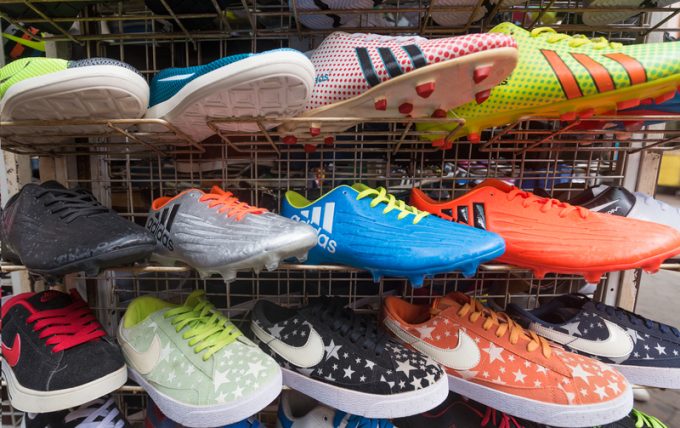A shift in strategy by US integrators – 'they're going after volume'
Recent actions by UPS and FedEx reflect a challenging market environment: a focus on shedding ...

Amazon has rolled out its anti-counterfeiting system, Transparency, across several European countries, as well as Canada and India.
The system provides product serialisation that applies unique codes to products allowing supply chain partners to authenticate them to insure legitimacy.
Vice president of Amazon Customer Trust and Partner ...
Bad news for shippers as wave of transpacific rate increases continues
No deals with carriers, say Houthis – Red Sea safe for non Israel-affiliated ships
Rapid transpacific capacity build-up continues – can USWC ports handle it?
Schenker's Shirley Sharma Paterson moves to K+N as global head of sales
Red Sea crisis has driven most new capacity into extended Asia-Europe trades
Carriers on the hunt for open tonnage again as transpacific rates soar
Dates to watch for in the latest chapter of TACO's tariff travail
Freighter capacity on the rise, with air cargo demand expected to pick up

Comment on this article
Scott Kelly
July 15, 2019 at 5:33 pmIt should be noted that Amazon has not made the Transparency program available to book publishers, including to our company, which publishes The Sanford Guide to Antimicrobial Therapy (referenced above). Furthermore, the Transparency program requires manufacturers to pay Amazon for each unit they produce (regardless of whether it is sold through Amazon or another channel).
Ronald E Cleaver
May 06, 2020 at 7:07 amThanks for sharing. It takes vigilance and following through with an effective anti-counterfeiting program.